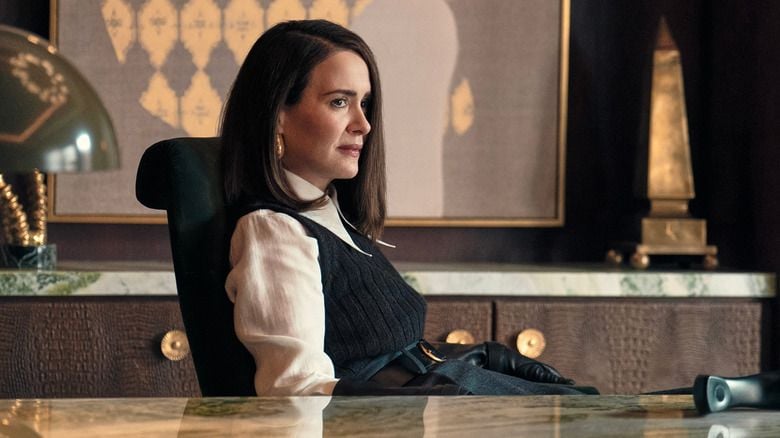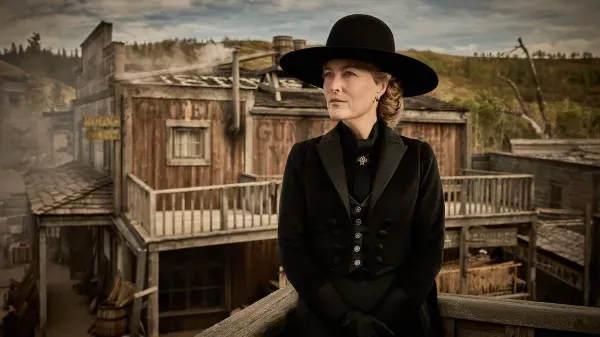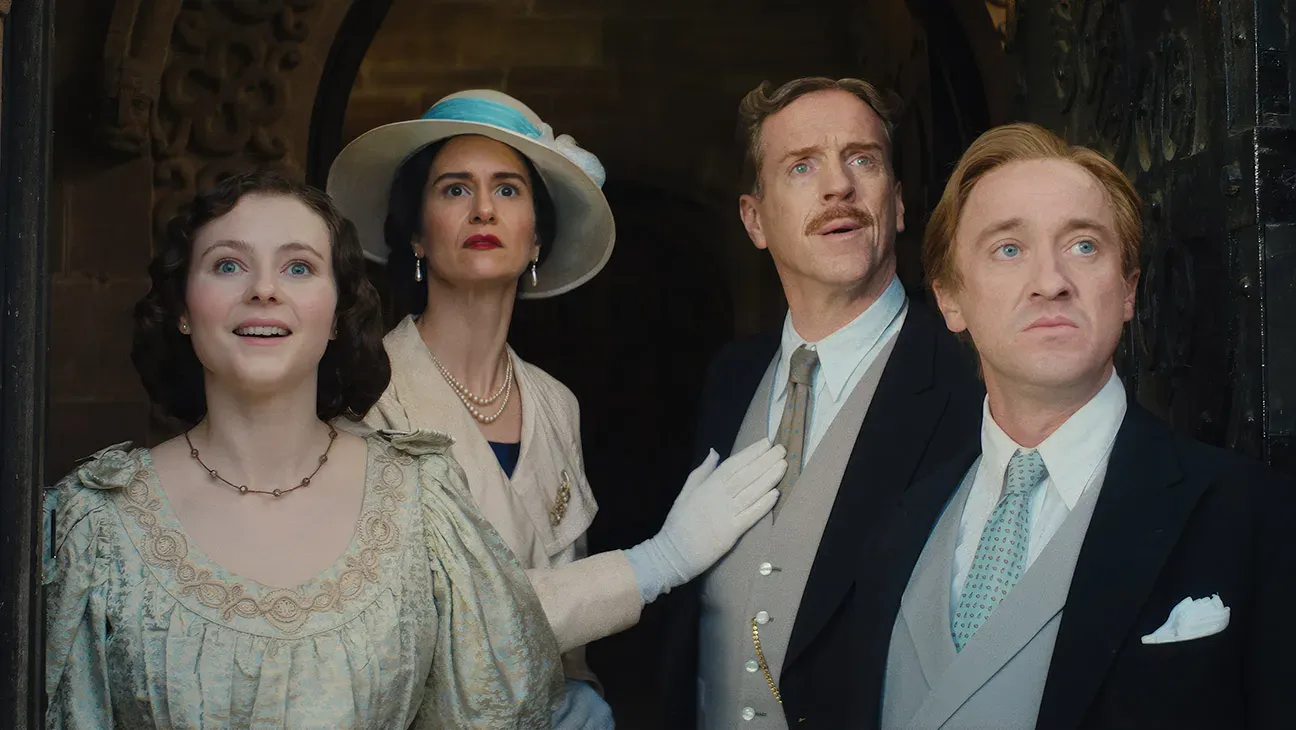
The Shift (2023) - Movie Review
- Nov 28, 2023
Ever since my childhood, I've been captivated by science fiction and adventure stories, from superheroes and "Star Wars" to Christopher Nolan's "Inception" and "Interstellar." My fascination extends to the emergence of films like "The Shift," which injects a fresh perspective into the sci-fi genre, notably combining it with Christian themes, a blend that has been notably absent in favor of fantasy narratives like "Narnia" and "The Lord of the Rings."
"The Shift," while making significant strides in revitalizing faith-based science fiction, falls short of fully realizing its ambitious concepts. This isn't the genre's first foray into Christian themes, as films like "Left Behind" and "The Genesis Code" have previously explored this space. However, the industry largely pivoted to inspirational dramas, as seen with the success of the Kendrick Brothers' films. Now, with ventures like "Nefarious" and "Sound of Freedom," we see a resurgence in diverse faith-based storytelling, with "The Shift" marking Angel Studios' attempt to rekindle faith-based science fiction.
The narrative centers around Kevin (Kristoffer Polaha), a man struggling in his marriage, who finds himself thrown into a multiverse by a malevolent figure known as The Benefactor (Neal McDonough). Kevin's journey to return to his wife (Elizabeth Tabish) is fraught with challenges as he navigates this dystopian world. The film boasts the hallmarks of a great sci-fi adventure: an intriguing concept, a compelling central relationship, and a formidable antagonist. The concept of differing perspectives being a result of the multiverse is an intriguing take, offering a metaphor for misunderstanding and potential reconciliation.
Despite these intriguing elements, "The Shift" veers away from exploring its multiverse theme or delving deeply into Kevin and Molly’s relationship. Instead, it settles into a familiar dystopian setting, addressing conventional themes rather than its more innovative concepts. This shift leaves the film feeling like a missed opportunity rather than a satisfying adventure.
The film's thematic focus on AI, technology in the service industry, and capitalism versus small businesses offers a superficial yet recognizable commentary. However, the execution is more tell than show, often resorting to clichéd dialogues and scenarios. This simplistic approach undermines the potential depth of its more interesting ideas.
While "The Shift" excels in its sci-fi aesthetic and captures the rhythm of adventure, it falls short in presenting a nuanced and complex world. It's a commendable effort for daring to explore darker themes, yet it fails to portray the world's complexities as vividly as our reality.
The fundamental issue with "The Shift" lies in its inability to effectively resolve the conflicts and questions it raises. Unlike films that leave audiences with thought-provoking questions, "The Shift" leaves a sense of dissatisfaction. Its portrayal of a multiverse dominated by an all-powerful antagonist contradicts the hopeful message it tries to convey.
Despite its flaws, "The Shift" is a groundbreaking attempt to fuse Christian themes with science fiction. It signifies a hopeful direction for faith-based films in the genre, showing the potential for more profound and imaginative storytelling. As the genre continues to evolve, the integration of a Christian worldview into science fiction is not only overdue but could enrich both the genre and our understanding of the world.







